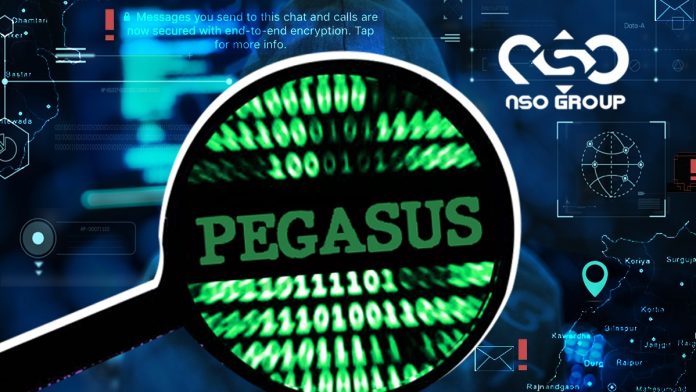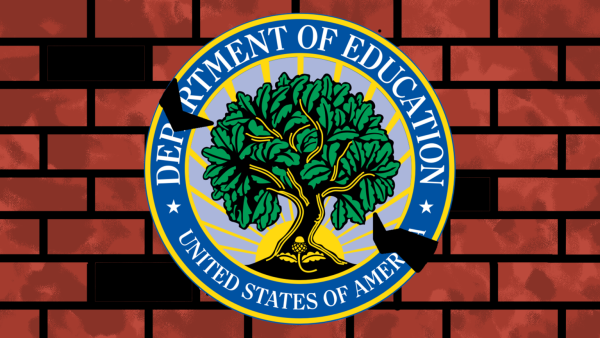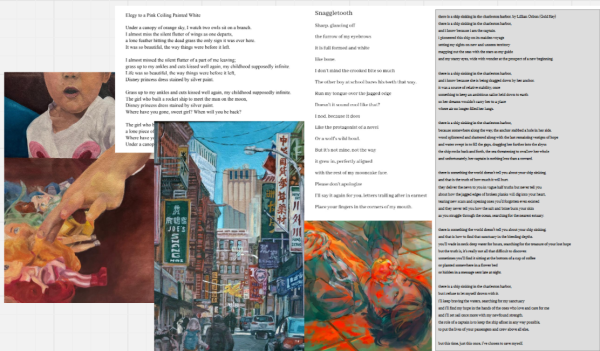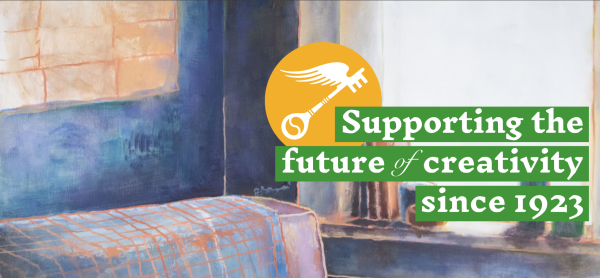What is the Pegasus Spyware?
A closer look at the Pegasus spyware and its implications
Pegasus spyware is a malicious software program that has become a subject of significant controversy in recent years. Developed by the Israeli cybersecurity firm, NSO Group, Pegasus is a potent tool for surveillance and is designed to infiltrate mobile devices and extract data without the user’s knowledge or consent. The software has been linked to several high-profile cases of government surveillance, including the targeting of journalists, activists, and political dissidents.
Pegasus operates by exploiting vulnerabilities in popular mobile platforms like iOS and Android. Once installed on a device, it gives the attacker complete access to the victim’s phone, including messages, emails, call logs, and even the microphone and camera. This level of access allows attackers to monitor and track the victim’s movements, gather sensitive information, and intercept communications.
The implications of Pegasus spyware are significant, particularly for journalists, activists, and political dissidents. The software’s ability to monitor and intercept communications can be used to suppress free speech and dissent, and to target those who speak out against oppressive regimes. The revelation that Pegasus was used to target prominent journalists and human rights defenders has raised concerns about the vulnerability of those who work to uncover corruption and human rights abuses.
NSO Group has defended the use of Pegasus, arguing that it is intended for use by law enforcement agencies to track criminals and terrorists. However, the software’s capabilities and widespread deployment raise questions about its potential for abuse. The fact that Pegasus has been linked to cases of government surveillance and abuse of power highlights the need for greater oversight and accountability in the use of surveillance technology.
The first use of the spyware came in 2011 when Mexico became the first country to buy the surveillance software. Since then a large number of countries have also decided to purchase the spyware or spyware similar to Pegasus. Mexico remains the most prolific user of Pegasus, and has become an example of the software can be both good and bad. For example, the spyware was used in Mexico to help track down notorious figures such as Joaquín Guzmán Loera, the drug lord more well known as El Chapo. However, Mexico’s government has gone on to use the surveillance tool against civilians who oppose the state.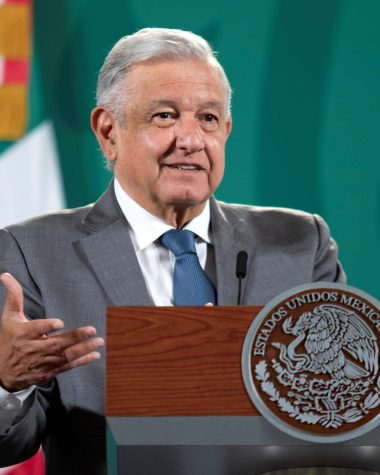
The controversy surrounding Pegasus has sparked debate about the balance between security and privacy, particularly in the context of government surveillance. While there is a need for law enforcement agencies to have access to surveillance technology to combat crime and terrorism, it is crucial that such tools are deployed responsibly and with appropriate safeguards to prevent abuse.
Pegasus spyware represents a significant threat to privacy and free speech. Its deployment in cases of government surveillance and abuse of power highlights the need for greater oversight and accountability in the use of surveillance technology. As the use of surveillance technology becomes more widespread, it is essential that appropriate safeguards are put in place to protect the rights of individuals and prevent abuse of power.



